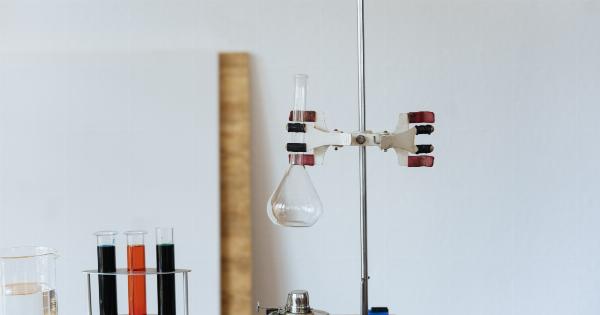Cervical cancer is a leading cause of death among women worldwide. It is primarily caused by the human papillomavirus (HPV), which is a common sexually transmitted infection.
While regular screenings and HPV vaccinations are essential in preventing cervical cancer, maintaining a healthy diet can also play a key role in reducing the risk.
1. Cruciferous Vegetables
Cruciferous vegetables such as broccoli, cauliflower, Brussels sprouts, and kale are rich in antioxidants and compounds that help prevent DNA damage and inhibit the growth of cancer cells.
These vegetables are also excellent sources of fiber and vitamins that support the immune system.
2. Berries
Blueberries, strawberries, raspberries, and other berries are packed with antioxidants that help protect cells from damage caused by free radicals.
These antioxidants also have anti-inflammatory properties and can help prevent the progression of precancerous cells in the cervix.
3. Citrus Fruits
Oranges, grapefruits, lemons, and other citrus fruits are high in vitamin C, which boosts the immune system and helps the body fight off HPV infections.
Consuming citrus fruits regularly may reduce the risk of developing cervical cancer, especially when combined with other preventive measures like regular screenings.
4. Tomatoes
Tomatoes contain a powerful antioxidant called lycopene, which has been associated with a reduced risk of several types of cancer, including cervical cancer.
Lycopene also helps to enhance the effectiveness of HPV vaccines and reduce the risk of HPV infection.
5. Whole Grains
Whole grains like brown rice, quinoa, and whole wheat bread are excellent sources of fiber, which aids in digestion and helps maintain a healthy weight.
A high-fiber diet has been linked to a lower risk of cervical cancer, as it helps flush out toxins and reduces inflammation in the body.
6. Legumes
Legumes such as lentils, beans, and chickpeas are rich in fiber, protein, and various nutrients that support overall health.
They also contain compounds known as phytoestrogens, which may help regulate hormone levels and reduce the risk of hormonal-related cancers like cervical cancer.
7. Green Tea
Green tea is a popular beverage known for its numerous health benefits. It contains polyphenols, which are powerful antioxidants that can help prevent the growth of cancer cells.
Regular consumption of green tea has been associated with a reduced risk of several types of cancer, including cervical cancer.
Conclusion
While these foods can provide some protection against cervical cancer, it is important to note that they cannot replace regular screenings and other preventive measures.
However, incorporating these foods into your diet can strengthen your immune system, support overall health, and potentially reduce the risk of developing cervical cancer.






























